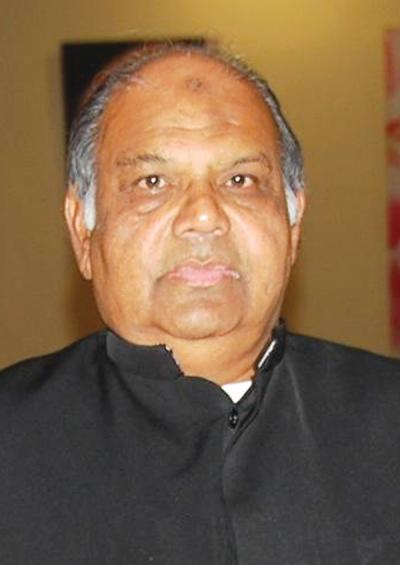With the introduction of the MID concept and the installation of wind turbines in Roches Noires, protest voices are talking of pollution and the encroachment of development on the dwindling land reserved for natural forest. This debate will not end as long as lands will be needed to produce human wants. What’s the solution?
The discovery of farming was a watershed in human history. It allowed settled living and the formation of cities: among the first known ones are those of Mesopotamia, Egypt and later of Europe. To-day, urbanization is a fast growing phenomenon and according to one projection, cities will account for two-thirds of the world 9 billion people in 2050.
Numerous thinkers have painted the cities as centres of poverty, crimes, pollution, congestion and poor health. This vision is true today of most developing countries. However, the rural-urban migration is unavoidable and luckily there has been a shift in thinking. Human beings are social animals. Human minds are stimulated by each other when they exist in proximity. Great minds, like Plato, Socrates, Galileo and Michael Angelo are all products of cities. Steve Jobs and Steve Wozniak grew up in a western U.S. conurbation that includes Silicon Valley.
Concentration of population in a restricted area has its advantages. Provision of drains, water, electricity, telephone, health services and education is facilitated to reach everybody. Cities, instead of being sources of problems, in fact provide opportunities to fix them. City dwellers have smaller carbon footprints as they use less cars and more mass transport. A technologically planned city can harness its inhabitants’ potential for creativity and innovation. It is true that people can stay connected through virtual meetings but this connectivity is a poor substitute of a face to face interaction which generates social cues through nonverbal expressions that blossom into new ideas and provide solutions to problems.
The successful overthrow of dictators like Mubarak, and Ben Ali and the successful conclusion of the Anna Hazare fast would not have been possible if the population of the Middle East and India were sparsely spread over the whole areas of these countries. Recent research conclusively proves that cities accelerate and diversify social and economic enterprises. Urbanites produce more inventions and create more opportunities for economic development Think of The Industrial Revolution and the Renaissance.
A quarter of Europe will suffice to cluster the world population in high density vertical living, in an extreme [and absurd] case scenario, leaving the remaining space to produce human needs. No need then to talk of overcrowded baracoon.
OPPORTUNITIES: In praise of city living
- Publicité -
EN CONTINU ↻


